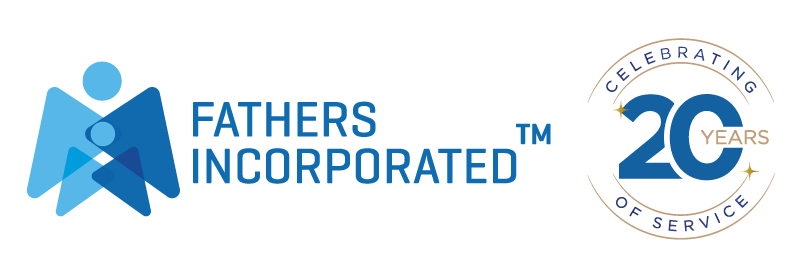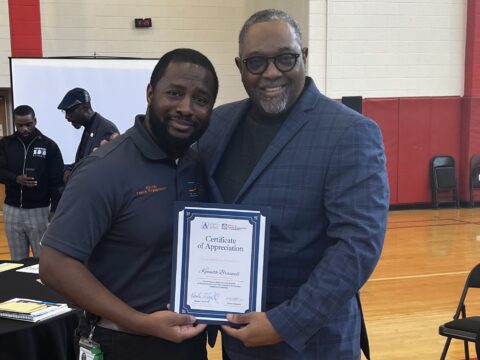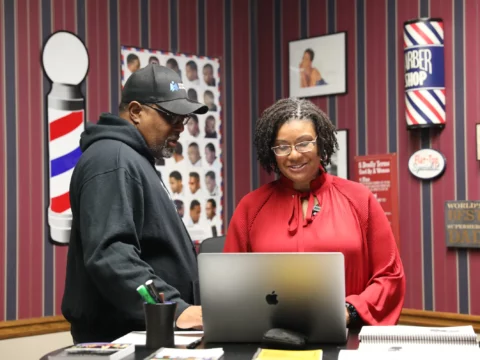Exploring Equity, Legacy, and Mental Health: A Candid Conversation with Greg Owens

In a world teeming with influencers, talking heads, and so-called thought leaders, it’s easy to overlook the people who are truly shaping society from within its most crucial institutions. Greg Owens is one of those people. His is not a name that you’ll find trending on social media platforms or emblazoned across the covers of glossy magazines, but for those who are on the front lines of the fight for equity, justice, and true belonging, his words carry weight. Inspired by an episode of the “I Am Dad” podcast hosted by Kenneth Braswell, this article delves into the life and thoughts of Owens—a man who has committed his life to answering difficult questions about the America we live in.

When Greg speaks, there’s a certain cadence—a rhythm to his words that suggests a long history of speaking uncomfortable truths. “And it does become an affirmative action exercise if you’re not careful,” he mused in his conversation with Kenneth, his voice steady but charged with meaning. “Because people never peel back who really has the power and who’s always had the power and who they’re passing on the power to, and where the opportunities really present themselves.”
Greg Owens is no stranger to the reality of power dynamics in America. A man with a clear vision of what’s at stake for future generations, Greg’s insights come from years of lived experience, informed by a personal history that lends texture to his words. But rather than a story of individual triumph, his narrative unfolds as a shared journey towards understanding what fairness and justice mean in a deeply flawed society. “Diversity, equity, and inclusion is not an end-all,” he cautions. “It really doesn’t have the same relevance as looking at what fairness and justice and real true belonging is.”
It’s not just about numerical representation or ticking off boxes for Owens. The implications go beyond mere statistics to shape the narrative of a country and its people. For Greg, the real crisis is the erasure of Black history and identity, a form of annihilation that seeps into the very soil of the nation, taking root in educational curriculums, public policy, and the social fabric. As he rightly puts it, “If you can eliminate my history, you eliminate me, but you eliminate me into the future. So if I’m not careful, my grandchildren don’t even understand.”
However, he is no pessimist. Far from it. Greg is one of those rare people who can look squarely at the ugly truths of our collective experience and yet remain optimistic about the potential for transformation. For him, the struggle is not an abstract one; it’s a matter of legacy. His concerns extend beyond the here and now, extending to future generations who will bear the weight of today’s choices. “Our history in the world,” he emphasizes, “has done a lot to make America what America is.”
The gravity of his words struck a chord with Kenneth Braswell, who posed an almost rhetorical question during the podcast: “What does that oppressive behavior really look like? Like that behavior? Do you see that increasing in actions, like banning black history in schools or do you see that just being a sign of the times?” Greg’s response was unsettling but resonant: “No, I think it’s going to increase because once the genie is out of the bottle, you can’t get it back in.”
What makes Greg Owens stand out is his refusal to let the conversation be derailed by defeatism. For him, the work of social justice is not merely a matter of diagnosing problems but also about actively searching for solutions. “We don’t need to just focus on being resilient,” he warns. “We need to move through resilience, which in many people who are in this space that you and I work in, understand that resilience can sometimes be seen as asking us to suffer with nobility.”
So, as we navigate these turbulent times, perhaps it’s worth listening to those who remind us of the resilience and spirit of struggle that define us. If you wish to delve further into the rich tapestry of thoughts and insights shared by Greg Owens, don’t miss his episode on the “I Am Dad” podcast. It’s not just a conversation; it’s a wakeup call to anyone who believes in the possibility of a more just future.
You can hear more about Greg Owens by tuning in to the “I Am Dad” podcast, available on all podcast platforms, or by visiting www.iamdadpodcast.com. Because sometimes, the most important voices are not the loudest—they’re the ones that make us stop, think, and most importantly, act.



